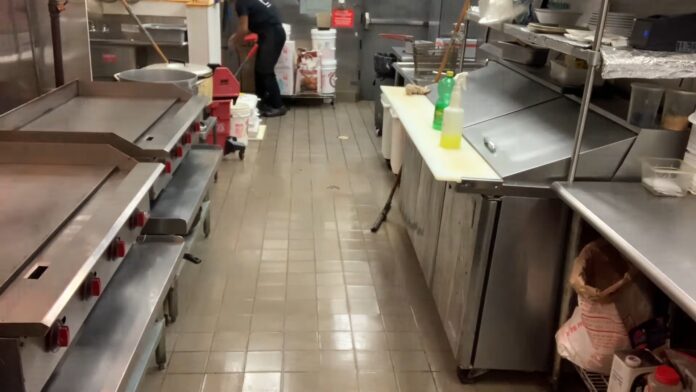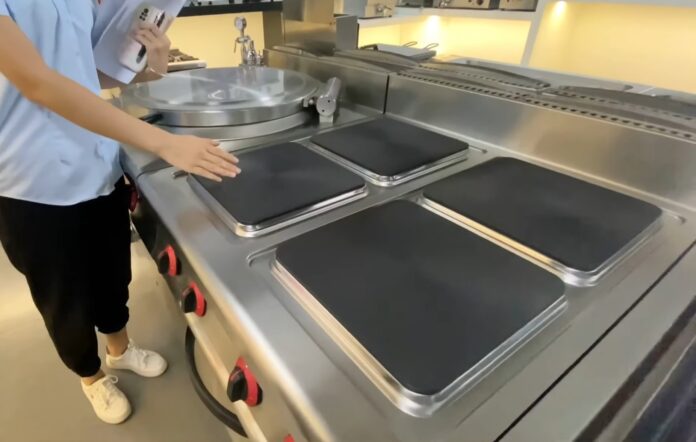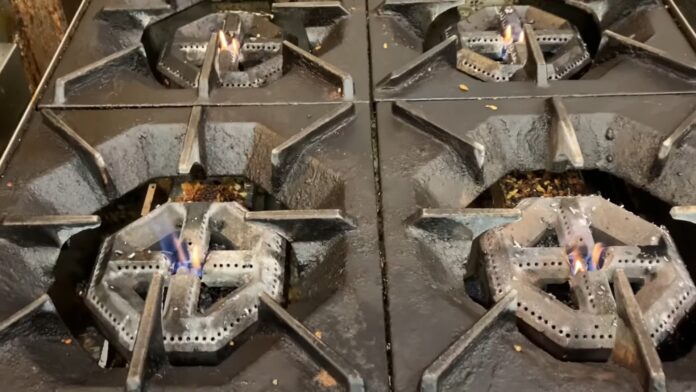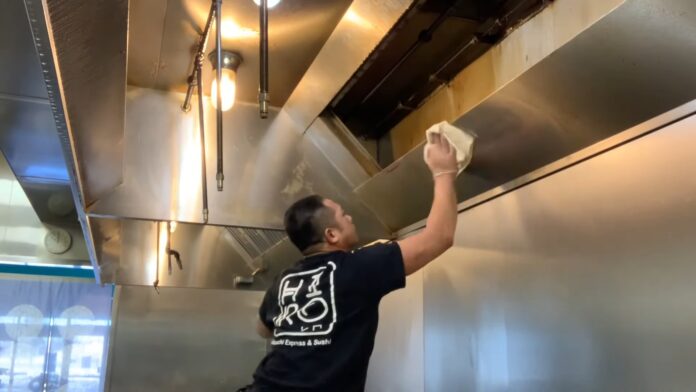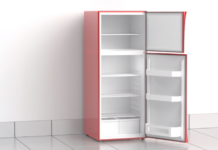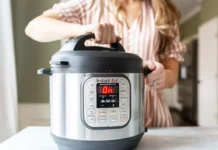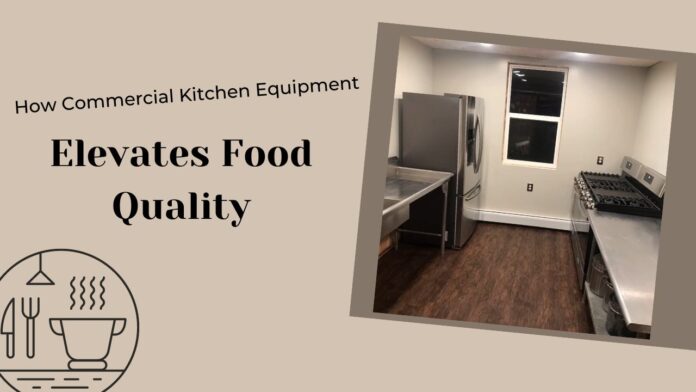
Walking into a bustling, busy commercial kitchen, one is instantly bombarded by an array of sights, sounds, and smells. Amidst the symphony of chef’s commands, clattering utensils, and the delicious aroma of sizzling ingredients, there lies an often-overlooked hero: the commercial kitchen equipment. Let’s pull back the curtain on this culinary colossus and discover how it influences food quality.
Defining Commercial Kitchen Equipment
Commercial kitchen equipment encompasses a wide variety of machinery and tools, each designed to cater to specific food service operations. Not restricted to stoves, ovens, and refrigeration units, the category extends to encompass specialized apparatus like grills, deep fryers, food processors, and dishwashing systems, among various others. Designed to endure the demands of high-capacity operations, these machines serve as the foundation of the food service sector, guaranteeing the consistent delivery of delectable dishes that you hold dear.
You can discover top-notch kitchen equipment by visiting the Kitchenall website, renowned as one of the leading brands in the market for professional kitchen and restaurant equipment.
The Impact of Commercial Kitchen Equipment on Food Quality
The influence of commercial kitchen equipment on food quality can’t be overstated. These stalwarts of the kitchen ensure efficiency, consistency, and safety, all of which directly affect the final product landing on your plate.
1. Efficiency and Speed
In a busy kitchen environment that caters to numerous meals on a daily basis, meeting such high demand hinges on the utilization of exceptionally efficient tools. The ability to cook multiple dishes concurrently is made possible by employing high-capacity cooking appliances equipped with multiple burners.
Moreover, the use of food processors enables rapid slicing, dicing, and chopping of ingredients within seconds, greatly minimizing the time required compared to manual execution of these tasks.
Bullet List:
High-speed blenders emulsify sauces to velvety smoothness, enhancing their taste and texture.
Commercial-grade refrigerators and freezers ensure optimal food storage, maintaining the freshness and nutritional content of ingredients.
Industrial dishwashers clean utensils quickly and thoroughly, reducing the risk of cross-contamination.
2. Consistency
When you revisit a restaurant, you expect your favorite dish to taste just as it did the last time. Achieving this consistency across servings and over time is a challenge that commercial kitchen equipment is designed to meet.
Bullet List:
By utilizing programmable cooking systems, one can attain meticulous command over cooking durations and temperatures, guaranteeing consistent preparation of dishes with every iteration.
The incorporation of mixers facilitates the thorough blending of ingredients, thereby enhancing the uniformity and texture of the end product.
Commercial-grade slicers deliver identical cuts, contributing to uniform cooking and presentation.
3. Safety
Maintaining food safety is of utmost importance in any culinary setting, and this holds true for kitchens operating in a professional capacity as well. Employing equipment of professional caliber plays a vital role in preventing foodborne illnesses, safeguarding both the reputation of the establishment and the health of its customers.
Bullet List:
Specialized sanitizing tools effectively eliminate germs from utensils and cooking surfaces, ensuring their cleanliness and hygiene.
Food warming systems keep dishes at safe temperatures, minimizing the risk of bacterial proliferation.
Fire suppression mechanisms integrated into commercial cooking setups avert accidents and safeguard kitchen personnel.
How Selecting the Right Equipment Enhances Food Quality
Choosing the right commercial kitchen equipment is like fitting together the pieces of a jigsaw puzzle. The proper tools not only ease the workflow for the chefs but also significantly enhance the quality of the food being served.
1. Tailoring to the Menu
Just as a craftsman needs the right tools for their trade, a kitchen requires equipment tailored to its menu. A sushi restaurant’s kitchen might prioritize a high-quality rice cooker and sushi roll machines, while a bakery might invest in top-tier mixers and convection ovens. By choosing equipment that complements the menu, kitchens can better ensure the optimal preparation, cooking, and presentation of their dishes.
2. Investing in Quality
Although the initial expenses might be higher, making an investment in top-notch commercial culinary tools proves to be profitable in the long term. Premium equipment typically delivers superior performance and durability, ensuring its continued efficiency and precision as time goes on. As a result, dishes are prepared consistently and to exceptional standards, thereby elevating the overall quality of the food.
3. Prioritizing Energy Efficiency
Energy-efficient kitchen equipment is not only environmentally friendly but can also contribute to food quality. Such appliances often come with advanced features like precision temperature control, reducing energy waste and ensuring food is cooked or stored at optimal conditions.
The Crucial Role of Maintenance in Food Quality
Behind every well-functioning piece of kitchen equipment is a robust maintenance plan. Regular maintenance and timely repairs not only extend the lifespan of the equipment but also directly contribute to preserving food quality.
1. Prevention of Cross-Contamination
Regular cleaning and sanitization of culinary tools are essential to prevent the transfer of contaminants. This precaution is particularly critical for establishments catering to customers with food allergies.
Bullet List:
Regularly cleaned grills and griddles will prevent flavor transfer, ensuring the authenticity of each dish.
Regularly sanitized cutting boards and knives reduce the risk of bacteria spreading.
Deep cleaning of ovens and fryers prevents build-up of old food particles which could otherwise end up in freshly cooked food.
2. Consistent Performance
Over time, the wear and tear on kitchen appliances can lead to inconsistent performance. Regular maintenance keeps the equipment running at peak performance, ensuring the food prepared is of consistent quality.
Bullet List:
Regular calibration of ovens and stovetops ensures accurate temperature control, crucial for perfect cooking results.
Maintaining sharp blades in food processors and blenders results in cleaner cuts and better texture.
Routine servicing of refrigeration systems ensures optimal cooling performance, keeping ingredients fresh and safe for consumption.
The Future of Commercial Kitchen Equipment
With technological advancements permeating every industry, commercial kitchen equipment is no exception. Future trends promise to further refine the impact of these tools on food quality.
1. Smart Kitchens
The advent of the Internet of Things (IoT) is ushering in the era of smart kitchens. Equipment connected to the internet can provide real-time data analysis, allowing for improved inventory management, energy use optimization, and enhanced food safety protocols. Such advancements promise to provide unprecedented control over various factors influencing food quality.
2. Automation and Robotics
Automation and robotics are set to revolutionize commercial kitchens. From robotic chefs capable of cooking dishes to perfection every time, to automated dishwashers that clean and sanitize with unmatched efficiency, these innovations will ensure consistency and safety like never before.
Conclusion
In the symphony that is a commercial kitchen, the equipment is the orchestra, each piece playing its part to create the harmonious experience that is a perfectly crafted dish. Efficiency, consistency, safety, tailored tools, and the right investment choices – these are the notes that, when played right, lead to the crescendo of enhanced food quality.
And with the future echoing the tunes of smart kitchens and automation, it’s a melody that’s only set to get richer. Thus, the influence of commercial kitchen equipment on food quality is not only significant but pivotal, shaping the culinary landscape one dish at a time.

